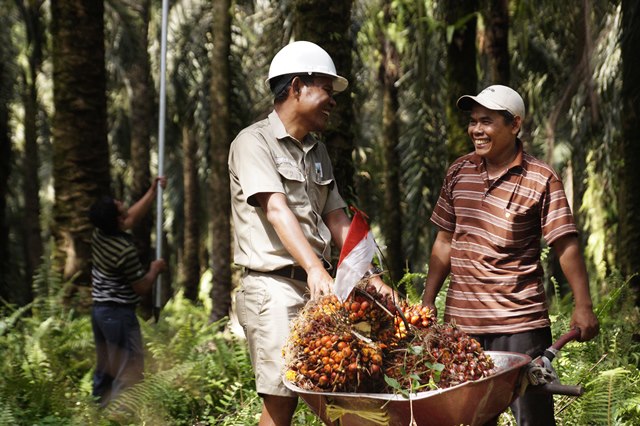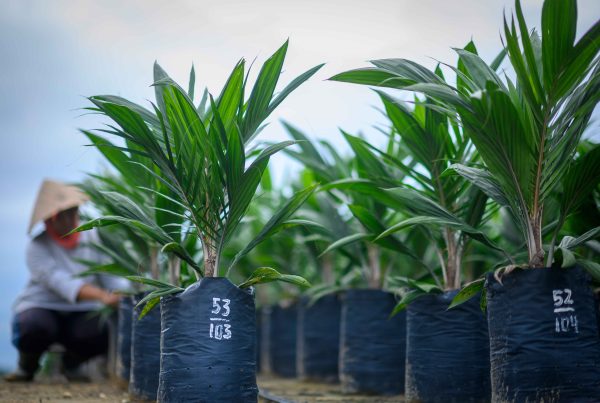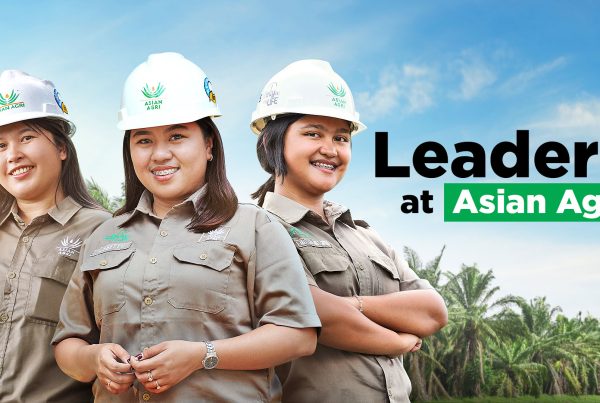When Asian Agri first adopted its zero-burning policy in 1994, little did it know that it would be a pioneering contributor to some of the United Nations’ Sustainable Development Goals (SDGs) that would only be formed over two decades later.
With the strict no-burning policy in place, Asian Agri was – and still is – primarily contributing to SDGs 13 and 15 on Climate Action and Life on Land respectively, as well as SDG 12 on Responsible Consumption and Production.
The company also launched its Fire-Free Village Program (FFVP) in 2016, engaging with high-risk villages within its operational areas in fire awareness campaigns. That same year, Asian Agri became a founding member of the Fire Free Alliance (FFA), a multi-stakeholder group with the main aim of reducing Indonesia’s persistent fire and haze problems.
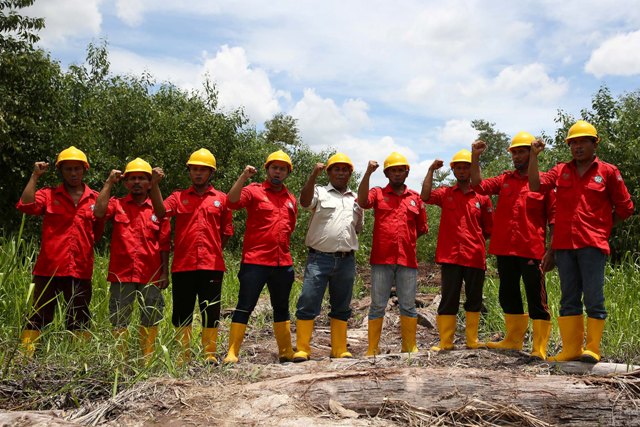
However, being fire-free is just one of the numerous ways Asian Agri contributes to the SDGs. Asian Agri also engages in zero-deforestation practices and refrains from new peatland developments, which contribute toward SDG 15, designed to protect life on land.
Bernard Riedo, Asian Agri’s Head of Sustainability and Stakeholder Relations, said that Asian Agri will continue to identify as many initiatives and actions that it can take in line with the 17 SDGs, though “the main point is not only for us to identify. We need to ensure that those actions can be measured in terms of resulting impact, and that they begin from small areas or surrounding communities, but eventually escalate to a district, provincial, national and finally global scale,” he said.
What are the 17 Sustainable Development Goals?

One to One Commitment
Asian Agri also contributes to SDGs 1, 2 and 8 on No Poverty, Zero Hunger and Decent Work and Economic Growth, through its support for smallholder farmers in Indonesia as part of the government’s Plasma scheme, which dates back more than 30 years.
Since then, Asian Agri’s partnerships with smallholders in Indonesia – both Plasma and independent – have only grown, supporting SDG 17 which promotes worldwide partnerships and cooperation in achieving the other goals. Smallholders contribute about 25 per cent of Asian Agri’s current supply chain.
Under its One to One Commitment, Asian Agri aims to match each hectare of its own land with one hectare of land owned by smallholders by the end of 2018.
To do so, the company intends to partner with Plasma smallholders owning more than 60,000 hectares of land, and independent smallholders owning 40,000 hectares of land, amounting to a total of 100,000 hectares of smallholder land to match the 100,000 hectares of land owned by Asian Agri.
By partnering with smallholders in this way, Asian Agri helps tens of thousands of families to increase their incomes and overall living standards as the company provides the smallholders with training and materials (such as Asian Agri’s renowned Topaz palm oil seeds) to boost their agricultural productivity in a sustainable manner.
Sustainable Practices
Asian Agri also supports SDG 12 on Responsible Consumption and Production with its active implementation of Roundtable on Sustainable Palm Oil (RSPO), International Sustainability and Carbon Certification (ISCC) and Indonesia Sustainable Palm Oil (ISPO) principles and criteria in all its operations.
RSPO and ISPO set international standards for sustainable palm oil production and management, while the ISCC outlines the need to avoid planting on “no-go” areas, reduction in greenhouse gas emission and social sustainability.
By the end of 2016, Asian Agri’s mills and estates boasted 86 per cent RSPO certification, 100 per cent ISCC certification, and 91 per cent ISPO certification.
Asian Agri also has a strong focus on responsible waste management. Leftover solid waste such as palm fibres and shells are used as boiler fuel to run turbines in the mills, providing a renewable source of energy. Around 50 per cent of palm shells are also sold on to third parties rather than being disposed of.
Other organic by-products such as empty fruit bunches and Palm Oil Mill Effluent (POME) are applied to the soil to boost nutrient levels, prevent soil erosion and to help manage moisture levels.
More significantly, POME is fed into Asian Agri’s biogas plants which use bacteria to break down the organic waste into methane, which is then used to generate clean and renewable power. Asian Agri has ten biogas plants which have been praised by the Indonesian government for helping meet the target for new energy supply, 25 per cent of which is slated to come from renewable sources.
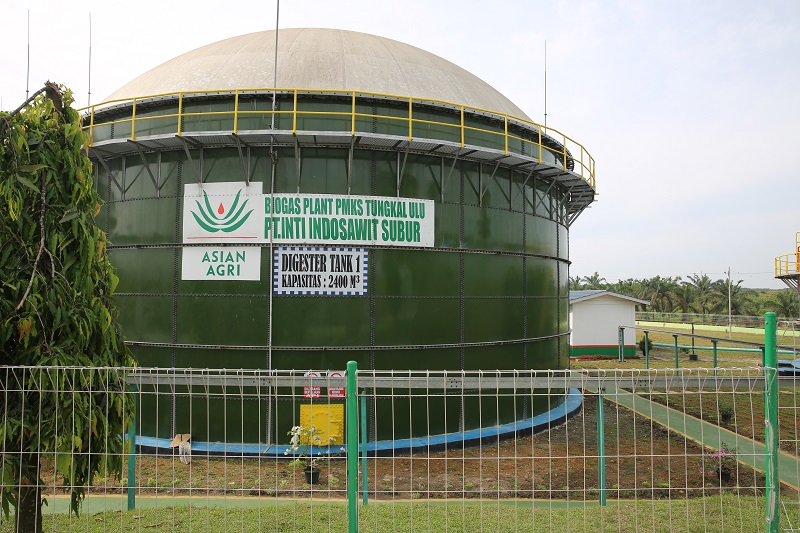
With the biogas plants, Asian Agri further supports yet another SDG – Goal 7 on affordable and clean energy. Each plant produces 2.2MW of electricity, enough to power the adjacent mill and provide 1.5MW to local communities.


